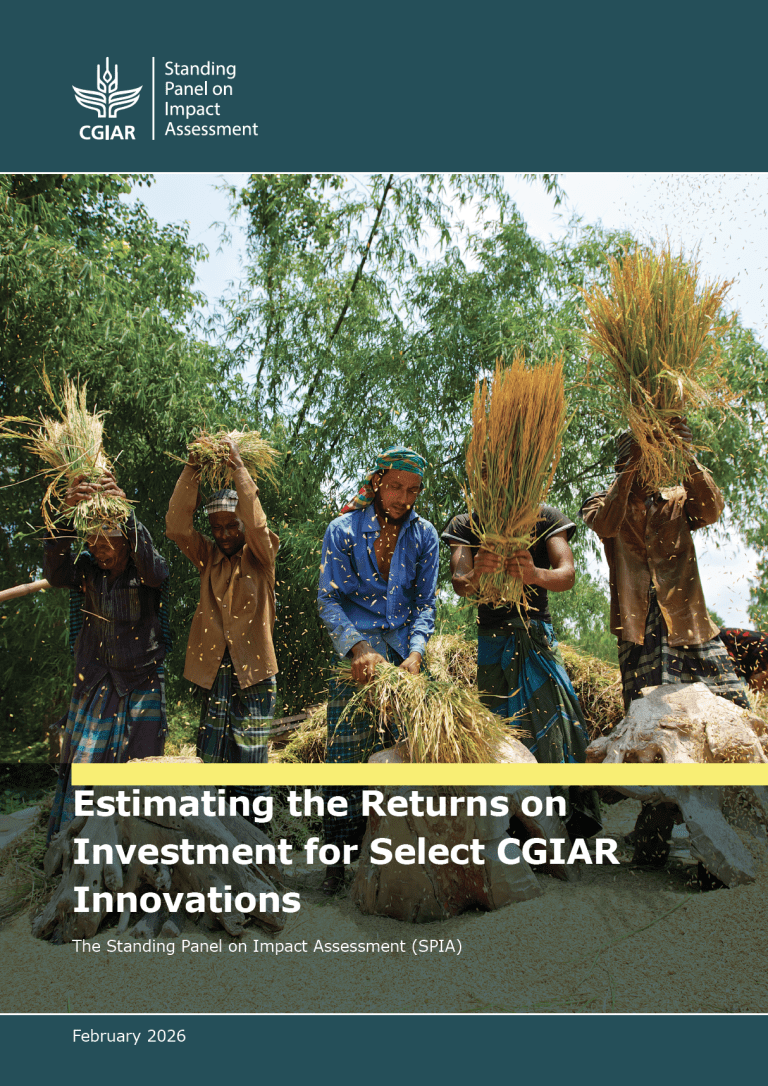Even the best-laid plans have had to be revisited, revised, postponed, or cancelled as a result of the global health emergency that the COVID-19 pandemic represents. In 2019, the SPIA team were making preparations to accompany the Uganda Bureau of Statistics (UBoS) as they implemented a first wave of a new sample for the Uganda National Panel Survey (UNPS). This would be the second national study of the “reach” of CGIAR, following the publication of our work in Ethiopia. Throughout 2020, as we witnessed and experienced the human tragedy of the pandemic, our colleagues at UBoS and the LSMS team at the World Bank postponed implementation of the UNPS, and urgently reoriented their priorities and resources in order to collect data on the pandemic from across Uganda - by phone.
As Uganda began reopening in 2021, UBoS drew up revised plans for implementation of the UNPS, with new COVID-19 safety protocols and plenty of associated logistical challenges. Enumerators needed to be trained remotely, subjected to COVID testing, and equipped with masks and sanitizer. And that was before UBoS had provided the teams with all the supplies required for the survey operations – GPS for measuring plot boundaries; plant leaf sample collection kits for DNA fingerprinting; tablets for the CAPI applications with the questionnaire; printed booklets with visual aids on crop pests and diseases (see photo below).

Remarkably, the first visit (of three) for the survey has now gone to the field – a “post-planting” visit for season two 2021. In this first visit – which will run from late-October to late-December 2021 – UBoS will collect leaf samples from farmers cultivating beans and sweet potatoes. SPIA is supporting the process of genotyping those leaf samples to identify the varieties of those crops that farmers are growing. A common focus for those two crops is biofortification. CGIAR has worked in Uganda for years to promote both Orange-Fleshed Sweet Potato (OFSP) and High-Iron / High-Zinc beans (the NARO-Bean varieties). What we don’t currently have is a good picture of how widely those varieties are cultivated. Are farmers able to access these improved materials given the informality of the seed system?
Assuming the country avoids another lockdown, UBoS plan to complete two more visits – one in early 2022 and another in mid-2022 – in order to capture a full calendar of agricultural activities across two production seasons. SPIA stands ready to support further genotyping in visit two (cassava and banana) and three (maize and groundnut). This will be the first time so many different crops have been sampled for varietal identification using genotyping from a nationally representative survey. UBoS will also collect data on pests and diseases, livestock management practices, and agroforestry, all of which help us understand which CGIAR-related innovations have reached farmers. We also stand to learn a whole lot more about the strategies that households are using to cope with such unusual circumstances posed by COVID-19. Does agriculture feature as part of the coping strategy households have for dealing with reduced geographic mobility and a shock to the labor market? If so, what does that mean for the kinds of technologies that farmers adopt? It’s all very ambiguous until we see the data…!





